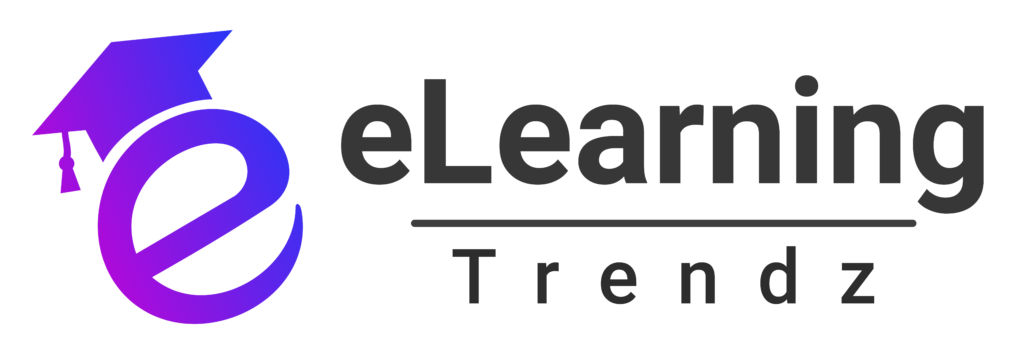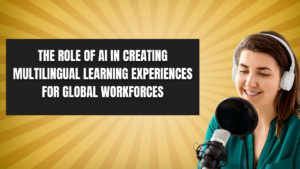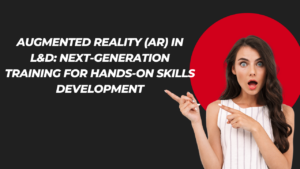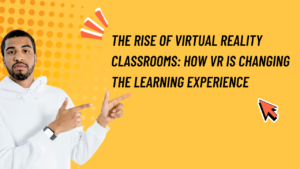In today’s dynamic corporate landscape, training, and development are critical to organizational success. However, the traditional one-size-fits-all approach to eLearning often falls short, failing to address the unique needs of different departments within a company. Personalizing eLearning ensures that content is relevant, engaging, and effective, ultimately driving better performance and outcomes.
The Limitations of One-Size-Fits-All eLearning
While generic training programs may cover broad topics effectively, they lack the depth and specificity required for diverse roles across an organization. This approach can lead to:
- Decreased Engagement: Irrelevant content fails to capture learners’ interest, resulting in low participation rates.
- Limited Knowledge Retention: Generic materials may not resonate with employees, making it difficult to apply learned concepts to real-world scenarios.
- Wasted Resources: Time and budget spent on training that doesn’t meet department-specific needs can reduce overall ROI.
The Power of Personalized eLearning
Personalized eLearning tailors content to align with the specific goals, challenges, and skill sets of different departments. This approach leads to:
- Increased Relevance: Training focuses on real-world applications relevant to each department’s daily tasks.
- Higher Engagement: Customized content resonates more with employees, boosting motivation and participation.
- Improved Performance: Targeted learning helps employees develop skills that directly impact their roles and productivity.
How Different Departments Benefit from Personalized eLearning
A. Sales Teams
- Needs: Product knowledge, negotiation skills, customer relationship management.
- Personalization Strategies: Interactive role-plays, case studies, and scenario-based simulations tailored to sales environments.
B. Marketing Teams
- Needs: Digital marketing trends, content creation, data analytics.
- Personalization Strategies: Dynamic modules focusing on campaign analysis, social media strategy, and brand storytelling.
C. Human Resources (HR)
- Needs: Compliance training, employee engagement strategies, leadership development.
- Personalization Strategies: Custom courses on diversity, equity, and inclusion (DEI), talent management, and conflict resolution.
D. IT Departments
- Needs: Cybersecurity protocols, software development, system administration.
- Personalization Strategies: Technical simulations, coding exercises, and security breach response drills.
E. Customer Support
- Needs: Communication skills, problem-solving techniques, product knowledge.
- Personalization Strategies: Real-life customer interaction scenarios, soft skills training, and knowledge base navigation exercises.
Strategies for Implementing Personalized eLearning
- Conduct Needs Assessments: Identify the specific learning gaps and goals for each department.
- Leverage Data and Analytics: Use learning management system (LMS) data to track progress and adjust content accordingly.
- Modular Course Design: Create flexible modules that can be mixed and matched to suit different learning paths.
- Incorporate Real-World Scenarios: Use case studies and simulations relevant to each department’s daily challenges.
- Continuous Feedback Loops: Gather learner feedback regularly to refine and improve training content.
Overcoming Challenges in Personalization
While personalized eLearning offers numerous benefits, it can also present challenges:
- Resource Intensive: Developing customized content requires time, effort, and investment.
- Complex Implementation: Managing multiple learning paths for different departments can be logistically challenging.
- Keeping Content Updated: Regular updates are necessary to ensure training materials remain relevant.
Solution: Invest in a robust LMS that supports content personalization, automation, and easy scalability. Collaboration between L&D teams and department heads can also streamline the process.
Final Thoughts
Personalizing eLearning is no longer a luxury; it’s a necessity in today’s diverse and fast-paced work environments. By tailoring training to meet the unique needs of different departments, organizations can foster greater employee engagement, enhance skill development, and drive business success.
Remember, effective learning isn’t about one-size-fits-all solutions—it’s about delivering the right content to the right people at the right time.
